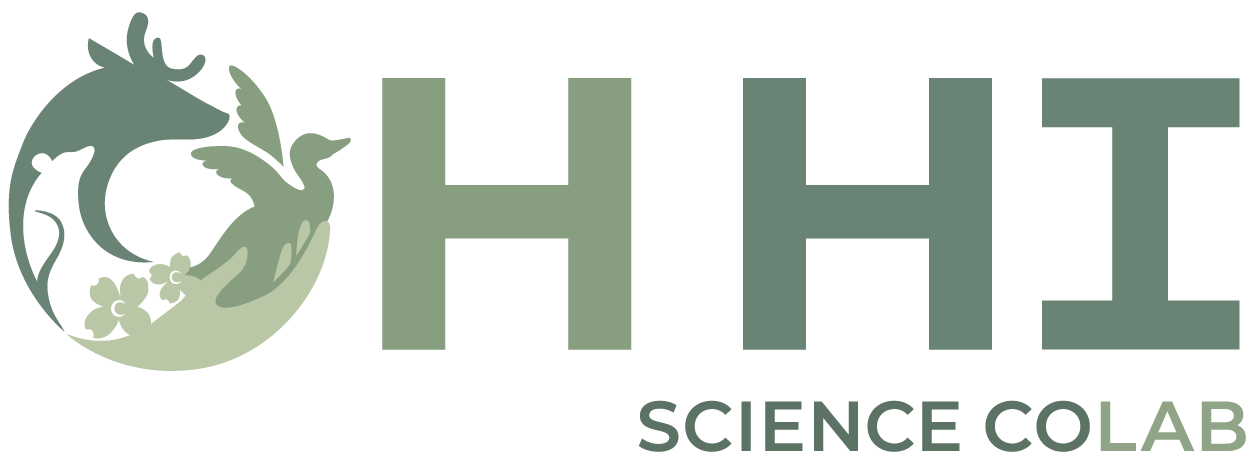
Supporting Community Resilience Through Gender-Informed Approaches to Livestock Vaccination
Livestock are essential to the health, livelihoods, and food security of communities around the world. Vaccines play a critical role in protecting animals and humans from disease, but access to these vaccines is not always equal. Social and cultural norms, household responsibilities, and economic barriers can make it harder for women and other marginalized groups to access and use livestock vaccines effectively.
By examining evidence from diverse contexts, we aim to identify barriers to vaccine access, highlight opportunities to support women’s participation, and inform research and programs that make vaccination strategies more equitable, inclusive, and effective.
Outcomes
-

Identify gender-based barriers to livestock vaccination
Our research highlights how social norms, household roles, and systemic inequalities limit women’s access to livestock vaccines, information, and decision-making opportunities in livestock care.
-

Inform gender-responsive vaccination strategies
Our findings provide guidance for designing inclusive programs, such as tailored training and women’s participation in leadership roles within the vaccine value chain.
-

Shape future research and policy
By identifying gaps in knowledge, including underrepresented groups and livestock systems, this project hopes to guide future studies, policies, and interventions that strengthen animal health, community resilience, and equitable One Health outcomes.
Collaborators
-

Dr. Kaylee Byers
SFU, Project Lead
-

Dr. Sarah Robinson
SFU, Postdoc
-

Dr. Amarachi Ezeocha
SFU, PhD student
-

Lara Hollmann
SFU, Research Fellow
-

Dr. Julia Smith
SFU, Asst. Prof
-

Dr. Salome Bukachi
University of Nairobi


